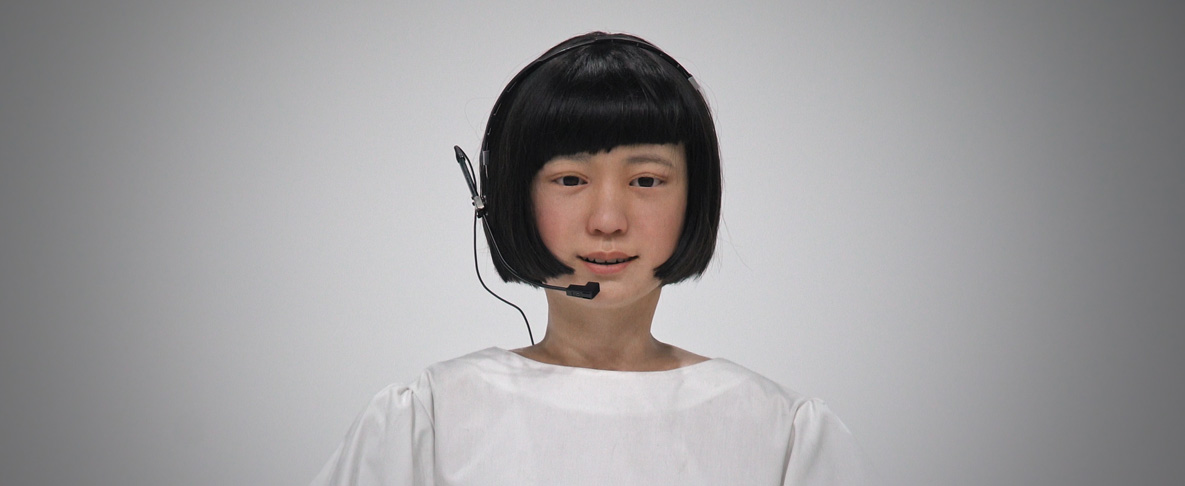It would seem that when we talk about robotization, the analysis of the phenomenon goes hand in hand with the theoretical dismantling of capitalism (from this or other side of barricade). Maxim Pozdorovkin in The Truth About Killer Robots goes in a completely different direction. He imitates science fiction genre’s fascination of the ontology of robots, trying to give them identity, thereby encumbering robots with all responsibility for global economic and social changes. At the same time, he forgets or completely ignores the fact that robotization is not an independent phenomenon. It’s just the tip of the iceberg, and robots (apart from dreams of real artificial intelligence, capable of independent thinking and creative actions), it’s still just a tool that will obviously behave differently depending on who uses it and for what purpose .
Pozdorovkin’s film cleanses human consciences, blaming technological progress for all evil that employees whose rights are limited, must endure. The director attempts to justify the criticism of technology by presenting three deaths of people caused by robots, as well as referring to the impact of contact with artificial intelligence on man’s ability to empathize and lead an emotional life. Pozdorovkin refers here to the rights of Asimov (one of the most famous sci-fi writers), which first appeared in the Runaround short story published in 1942. More specifically, the director is using Asimov’s First Law – “A robot may not injure a human being or, through inaction, allow a human being to come to harm.” – and Second – “A robot must obey the orders given it by human beings except where such orders would conflict with the First Law.” .
The problem lies in the mistaken assumption that technology is already so developed that – in short – robots have (un)free will. Or in other words, their status when it comes to mental functions, especially those regarding abstract systems that cannot be calculated, is equal to people. Did the robot bear the blame for the death of an employee who, with full awareness of the threat, locked himself in a cage and turned on a robot (an industrial one that has little to do with AI)? Are partly (let us emphasize, partly) automated car accidents the fault of technology? The threat is primarily a human factor and, as experience teaches, human stupidity.
The director’s limited approach to economic and social phenomena has much more serious consequences. Playing a conspiracy theory that robots want to destroy humanity may have a humorous flavor to it, but it has nothing to do with the seriousness of the situation of employees made redundant not directly by robots performing duties much more efficiently than man, but by the policy of corporations, large factories and companies, which puts profit above human lives, completely apart from the fact that the market will not be able to absorb so many redundant workers.
The Truth About Killer Robots can only function as a television curiosity – anyway, this is a film produced under the HBO banner, so it will exist in this format – and a call for the old, lost world, when morality seemed black and white and obvious.
Still from the movie – Watch Docs press materials.






